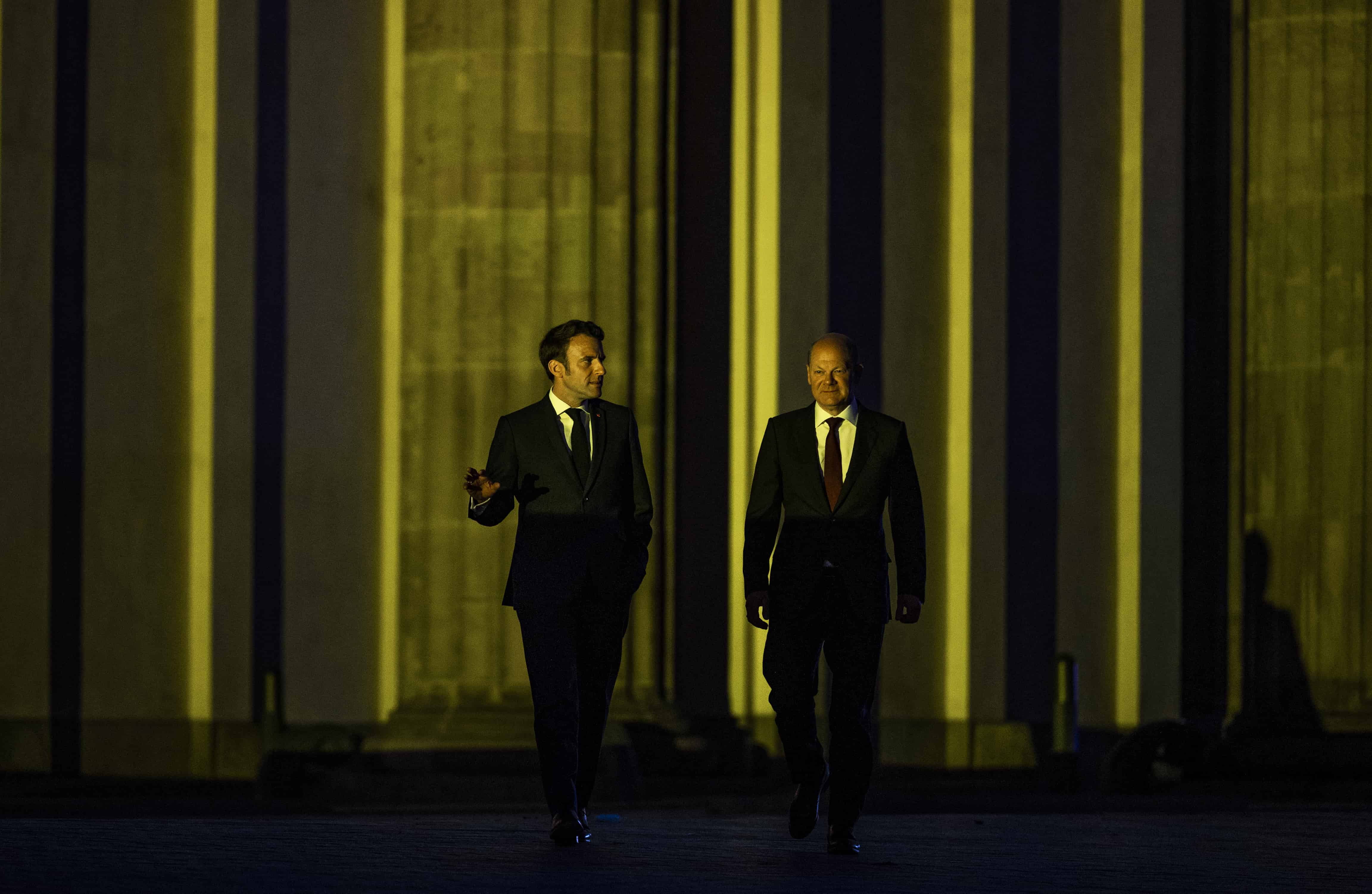An EU accord on halting oil imports from Russia by the end of the year, the latest response to Moscow’s invasion of Ukraine, could be secured this week, France’s Europe Minister said on Tuesday.
The embargo, part of a sixth package of EU sanctions under discussion, is being resisted by some member states that rely on Russian oil to keep their economies running and are seeking guarantees of alternative sources.
“I think we can have an accord this week, we’re working flat out on it,” France’s Clement Beaune told LCI television. “It’s probably a matter of days.”
“We have to move quickly, and I say with confidence that there will be a sixth package of European sanctions, they will be very strong and we will gradually get out of using Russia oil at first, but also Russian hydrocarbons in general,” he said.
New discussions will be held between European leaders by telephone on Tuesday, involving French President Emmanuel Macron, EU Commission President Ursula von der Leyen, and Hungary’s Prime Minister Viktor Orban, Beaune added.
Orban in particular is insisting on EU funding guarantees for building new pipelines and other infrastructure needed to wean his country off Russian oil, and wants to be able to keep importing from Russia for several more years.
Hungary, Slovakia and the Czech Republic have been offered permission to continue importing Russian oil until the end of 2024 in the sanctions talks that began last week.
Von der Leyen said Monday that there had been “progress” after talks with Orban in Budapest.
“There are two types of exemption possibilities: the delay for certain countries for which it is obviously difficult, because 100 percent of their oil comes from Russia, and then guarantees on alternative sourcing. These are the two parameters that we’re working on,” Beaune said.
Unanimous approval by the 27 EU members is needed for the new sanctions, the sixth package since Moscow launched its assault on Ukraine on February 24.

